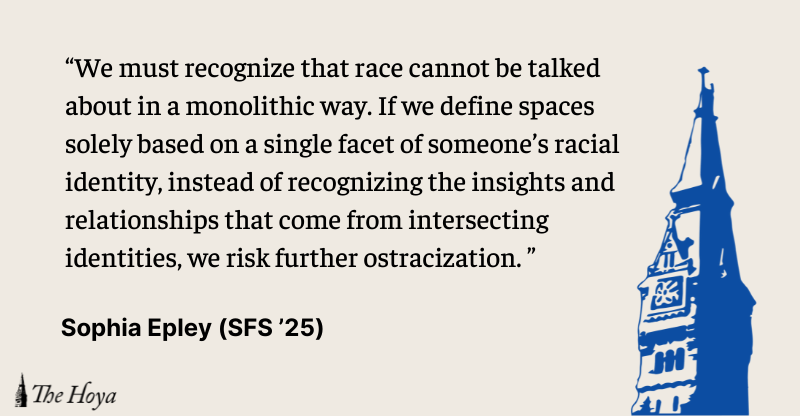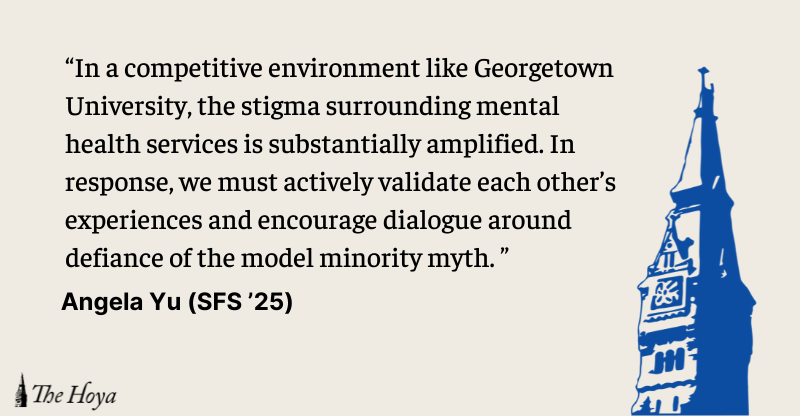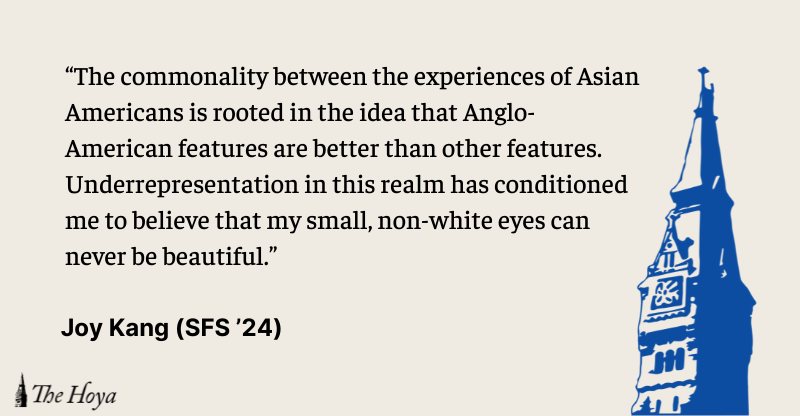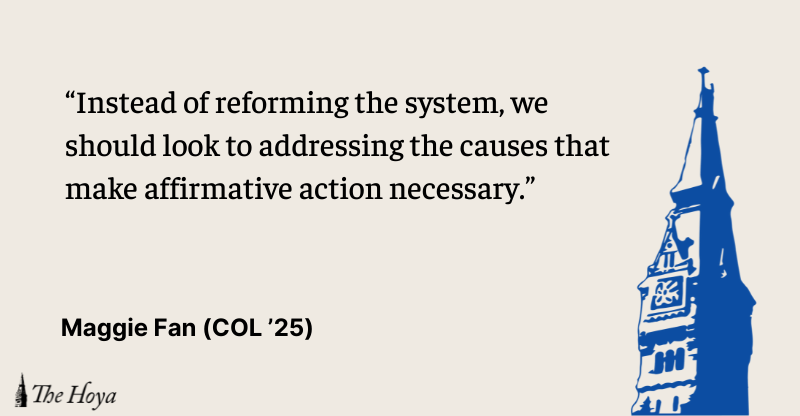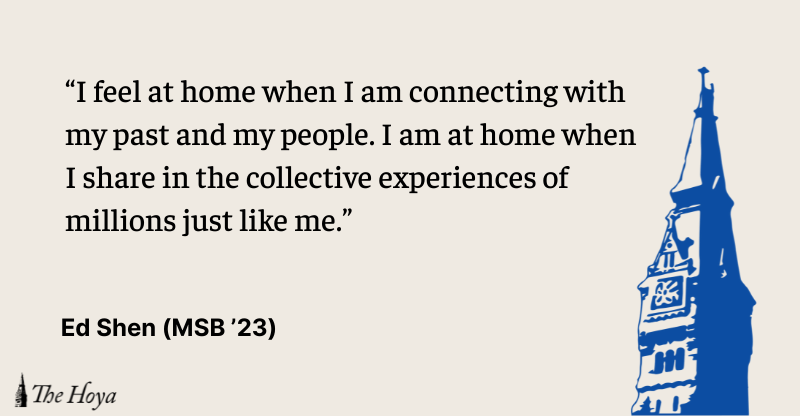According to the 2020 census, a combined 24 million Americans identify as Asian, either alone or in combination with another race group. As a vibrant minority group, Asian Americans deserve greater political representation and recognition for the efforts the community has contributed to the country. Only 3% of Congress, however, can claim AAPI heritage — despite Asian Americans constituting 7.2% of the population. Although the number of Asian Americans elected and appointed in both Congressional and local offices has increased since 2018, most notably with Michelle Wu’s recent mayoral victory in Boston, more local efforts need to be implemented to amplify the platforms of AAPI leaders. In recent years, AAPI politicians, such as Aftab Pureval and Young Kim have found success in local politics by focusing on community mobilization and concentrated campaign planning. These localized efforts are essential to promoting the platforms of community leaders to more prominent positions.
One Asian American group in Howard County, Md., has demonstrated the potential of local organizing. The Chinese American Parent Association (CAPA) of Howard County, founded in 2015, was born out of the lack of representation of the county’s Chinese residents in the public education system. To date, the CAPA has placed two of its affiliated candidates onto the Howard County Board of Education, Chao Wu and Yun Lu. Wu currently serves as the chair of the board. Wu ran on a campaign of promoting STEM education in public schools, while Lu amplified student voices in her own campaign. Their electoral victories have significant implications for AAPI campaign efforts nationwide and demonstrate how a single organization can induce change through mass community mobilization.
CAPA is split into two wings, the CAPA-HC, the volunteer wing, and the CAPA-PAC, the political wing. The two wings are completely separated and the CAPA-PAC is inactive in non-election years. However, by opening up volunteer opportunities through the social media app WeChat, the PAC wing uses a similar model as the HC wing to publicize opportunities to support political candidates. Many AAPI Howard County residents jumped at the chance to get involved with local campaigns for candidates they feel represented by. From placing door-hangers near the houses of prospective voters to working directly on the campaign, CAPA effectively involves community members in its political endeavors. In addition to grassroots organization, CAPA’s volunteer network was used to great effect in 2020 with the implementation of a food delivery network for elderly minority citizens at risk during the COVID-19 pandemic. Volunteers from all around the county drove to the residences of elderly citizens, delivering fresh produce and other foodstuffs to properly serve the needs of the community. The CAPA-PAC repurposed this system to launch a voter registration initiative as well as a mail-in ballot translation service; the organization serves as an example of effective Asian American community organization that other local municipalities can reference as a model.
Anti-Asian sentiment in America has risen with the devastation of the COVID-19 pandemic. As a result, the CAPA’s total membership has increased, so the CAPA-PAC may become a key component of Howard County political organization, a microcosm of grassroots organization in communities across the United States. With this increase in membership, the youth voice in CAPA has grown in importance. Many of the young AAPI advocates affiliated with CAPA have been interviewed by local news stations following massive local outrage over anti-Asian aggression. Beyond CAPA, other AAPI voices in Howard County have recently begun to speak out politically. After four local Asian-owned small businesses were vandalized in what has been called a hate crime by some Asian residents of the county, Governor Larry Hogan (R-Md.), with inspiration from his Korean-born wife, Yumi Hogan, formally designated a section of Ellicott City as Koreatown on Oct. 9, 2021, inviting the South Korean Ambassador to the United States, Lee Soo-hyuck, to the ceremony. This current of AAPI advocacy has spread from the humble suburbs of Howard County all the way to Annapolis, when Governor Hogan announced state initiatives in hate crime prevention, following efforts spearheaded by the newly-established Asian American Hate Crimes Workgroup in Maryland.
Howard County now stands as a sterling beacon of multiculturalism, standing proudly in the middle of Maryland as an example for all of the United States to follow. A world friendlier to AAPI interests is achievable, and there is room for the Howard model in the student politics of Georgetown University, as well as the broader politics of D.C., to amplify the platform of AAPI issues beyond anything ever seen before.
CORRECTION: A previous version of this article wrongly stated that the CAPA-HC and CAPA-PAC wings were in direct collaboration with one another. The article has been updated to reflect this information.
Harry Tang and Anthony Duan are first-years in the College.




